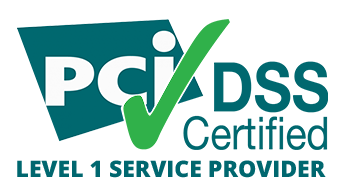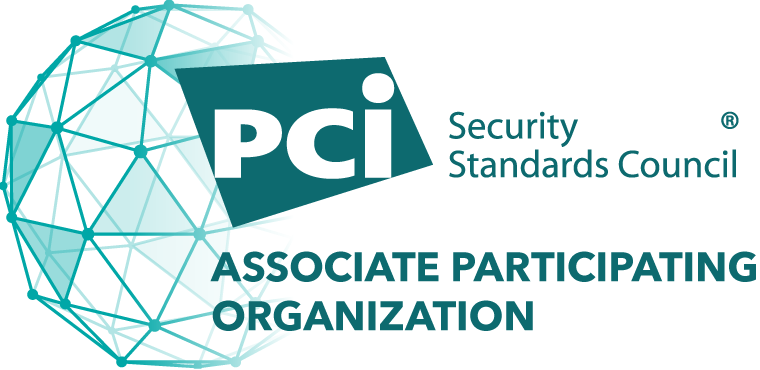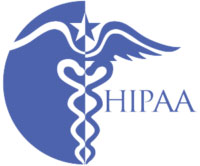IVR Payments As A Service
The Most Cost Effective & Flexible way to take payments from your customers by phone. Process Credit Card and eCheck payments over the telephone 24/7, All in a PCI Compliant Environment.

Our Commitment to Enhanced Payment Security
At Datatel, we understand the importance of security in the digital payment landscape. That’s why we are proud of our partnership with the PCI Security Standards Council (PCI SSC), a step that reinforces our commitment to safeguarding payment data across the globe.
Payment Technology Strategy
The payments industry is undergoing rapid transformation, and Datatel is always striving to stay ahead of the curve. Our primary objective is to utilize our adaptability and extensive expertise in payments to assist our clients with seizing every opportunity that arises to make informed decisions regarding their payment technology.
Datatel Joins A Select Group of Industry Leaders
To Help Small Businesses on Visa’s Small Business Hub
The Visa Small Business Hub brings together tools and resources from Datatel and other leading solution providers to help SMB entrepreneurs build stronger customer relationships and expand their businesses.
IVR Payment Solutions At Your Fingertips




Resources & Knowledge
IVR Payments Simplified
A Complete Guide for a Successful IVR Payments Implementation
Provides a framework to achieve your IVR Payments project objectives. You will avoid many common mistakes and be able to focus on getting the most from your Pay-By-Phone / IVR Payments implementation.
How AI Is Revolutionizing the World of Payments
This discussion explores how AI is not just changing but significantly enhancing the way payments are processed, drawing directly on insights from a recent Visa study to showcase new avenues for business profitability and success.
IVR Payments
For Medical Practices
Implementing Automated Pay-By-Phone can help your medical practice process patient payments 24/7 over the telephone, reduce operational costs, reduce the load on your administration/billing team
What our clients are saying about us
“Never any issues with you guys! Things just work.”
“Customer service is a really big deal to us, and I am glad to do business with a company that obviously takes it as seriously as we do.”
“We’re happy with the IVR Payment system and it has been working well for us. Recently we also setup your newest SMS (text) receipts and found it to work great.”
“I want to command you and your team at Datatel on the job just completed for Tele-Response Center. The attention to detail and professionalism with which you approached the project was exemplary and greatly appreciated especially considering the several applications that needed to be implemented on short notice. Thanks again for your assistance getting this project off the ground so smoothly.”
“My team and I would like to commend Datatel on creating an IVR application that adds great value to our new Travel product. Your knowledge, input and expertise in IVR scripting, call flow management and overall IVR logistics made the development and implementation stages extremely easy to manage. Thank you for a well executed campaign that was launched on time and on budget.”
“Great team to work with. I look forward to utilizing some additional capabilities in the future.”
“We are very grateful for many years of mutually beneficial business relationship with Datatel and for impeccable customer service we have received during these years.”
“We, Standard Life, very much appreciated Datatel’s expertise, knowledge and support as we worked through the development and implementation stages. Our Clients appreciate the simplicity of the capability, while gathering very valuable feedback. Thanks for making this a very positive experience.”
“This was one of the best implementations I have been a part of. The communication was excellent and everything was responded to and dealt with swiftly. A real pleasure. We are looking forward to the impact this will have on our patient payments! Thank you!”


